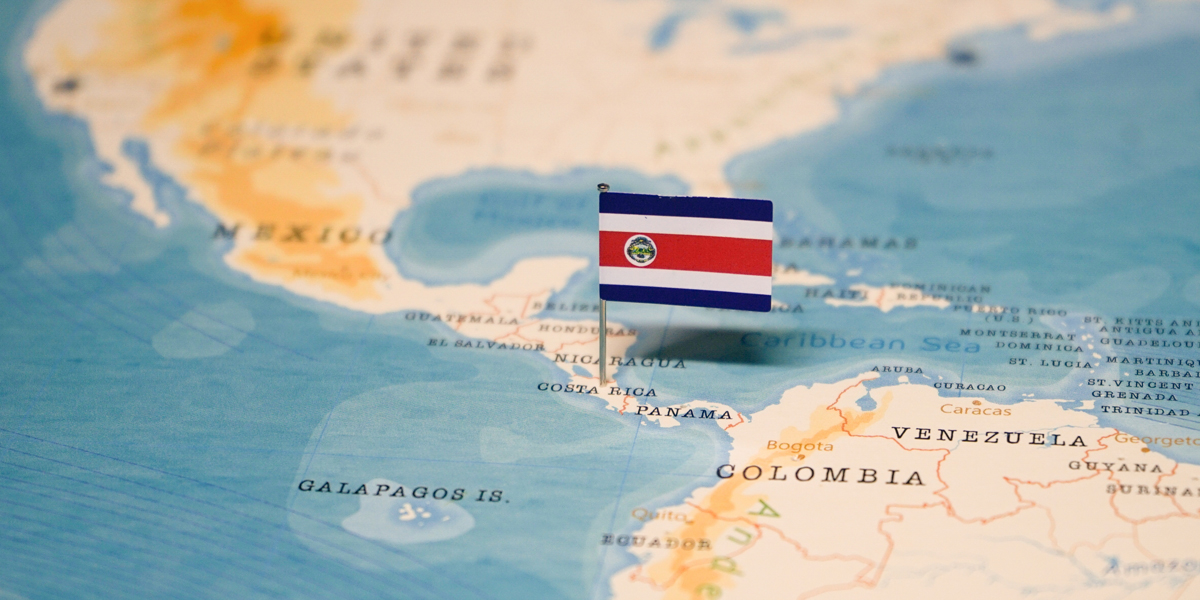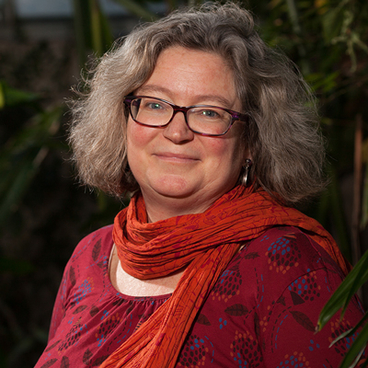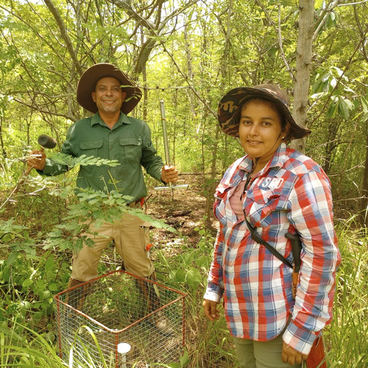
Costa Rica is a second home for Jennifer Powers. The plant and microbial biology professor’s ties to the country go back three decades starting when she was a graduate student taking field courses. Now a recognized leader in her field, she runs a field station within the Area de Conservación Guanacaste in the northwest corner of the country.

“I fell in love with dry forest,” says Powers. From very early on establishing a long-term research program within the context of a conservation area was a goal. Powers did just that. She established her research site in 2001 and returns several times a year to do field work alongside her longtime field manager, Daniel Pérez-Aviles, a botanist trained at the country’s National Biodiversity Institute (INBIO), and field assistant, Damaris Pereira.
Powers received the University Award for Global Engagement earlier this year in recognition of her work in the region and her collaborative approach to research and local engagement.
To do the kind of work she does, Powers says maintaining and nurturing relationships is essential. Over time, she developed strong working relationships with the staff of the conservation area and fellow researchers in the region. In recent years, Powers and colleagues began to explore how they might better link research and conservation.

“We realized that there is this community of national and international researchers who work in the conservation area, and that there were some missed opportunities to share information,” says Powers, “so we created a nonproft called Investigadores del Área de Conservación Guanacaste with the goal of closing that loop.”
The group hosts periodic open houses, or “casa abiertas,” as a way to engage the local conservation community. These interactions spark collaborations and inform research questions. On an even more basic level, they help researchers connect disparate areas of inquiry, which can lead to novel insights. It’s work that depends on strong ties and an in-depth knowledge of the workings of the place.
“I've done the kind of work where you fly into a remote area and back out and that's really exciting,” says Powers. “But I knew that that's not the kind of work I wanted to do for my long term research. Ecology is a place based discipline and there's a lot to be said for being in one place over time, day in and day out, and being able to observe what's going on, and how things change over time.”
—Stephanie Xenos